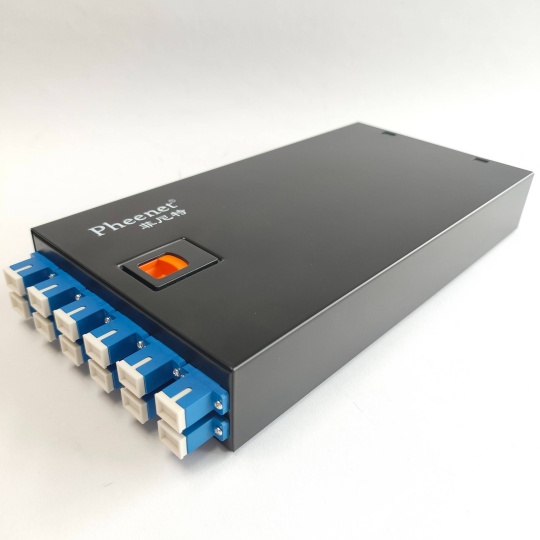How to choose between copper and aluminum industrial cable
When it comes to industrial cables, the choice between copper and aluminum is a critical decision that impacts performance, cost, and durability. Understanding the key differences and knowing which material suits specific applications can help you make an informed choice.
Conductivity
Copper is a superior conductor of electricity, with a conductivity rating about 61% higher than aluminum. This means copper cables can carry more current with less resistance, making them ideal for high-power applications where efficiency is paramount. For instance, in manufacturing plants with heavy machinery or data centers requiring consistent power flow, copper cables minimize energy loss and ensure stable operation.
Aluminum, while less conductive, can still be effective in low to medium-power scenarios. To match the conductivity of copper, aluminum cables need a larger cross-sectional area, which may affect installation in space-constrained environments.
Cost and Availability
Aluminum has a clear cost advantage. Its raw material price is generally lower than copper, and it is more abundant. This makes aluminum cables a budget-friendly option for large-scale projects, such as long-distance power transmission lines or outdoor industrial setups where extensive cabling is needed.
Copper, being more expensive, is often chosen for applications where performance cannot be compromised. The higher initial cost is offset by its efficiency and longevity in critical systems.
Weight and Installation
Aluminum is significantly lighter than copper, weighing about one-third as much. This lightness simplifies transportation and installation, especially in overhead lines or large industrial facilities where maneuvering heavy cables is challenging. The reduced weight also lowers the stress on supporting structures, reducing installation and maintenance costs over time.
Copper’s heavier weight can be a drawback in such situations but offers better mechanical strength. It is less prone to damage during handling and installation, making it a reliable choice for rugged environments.
Corrosion Resistance
Aluminum naturally forms a protective oxide layer when exposed to air, which helps resist corrosion. However, this layer can hinder electrical connections if not properly addressed. Aluminum cables require special connectors and termination techniques to ensure good conductivity and prevent corrosion at joint points. They perform well in dry, outdoor environments but may need additional protection in humid or corrosive settings (e.g., near chemical plants).
Copper is highly resistant to corrosion, even in harsh environments. It does not require specialized connectors for basic installations, making maintenance easier. This makes copper a preferred choice for underground cabling, marine applications, or areas with high moisture levels.
Temperature Tolerance
Copper can withstand higher temperatures than aluminum, making it suitable for applications where heat generation is a concern. For example, in industrial ovens, foundries, or machinery that operates at elevated temperatures, copper cables maintain their integrity and conductivity better.
Aluminum has a lower melting point and is more susceptible to thermal expansion. This can lead to loosening of connections over time in high-temperature environments, requiring more frequent inspections and adjustments.
Application Scenarios
- Choose copper when: You need high conductivity for heavy machinery, require corrosion resistance in harsh environments, or are working in space-limited areas where smaller cable sizes are necessary.
- Choose aluminum when: Cost is a primary concern, you’re dealing with long-distance or overhead installations, or the application involves low to medium power with ample space for larger cable sizes.
Conclusion
The choice between copper and aluminum industrial cables depends on your specific needs. Copper excels in performance and durability, while aluminum offers cost and weight advantages.
For reliable industrial cables that meet diverse requirements, consider FRS. FRS provides high-quality copper and aluminum cables, engineered to deliver optimal performance in various industrial settings. Trust FRS for your cable needs and ensure efficiency and longevity in your operations.











